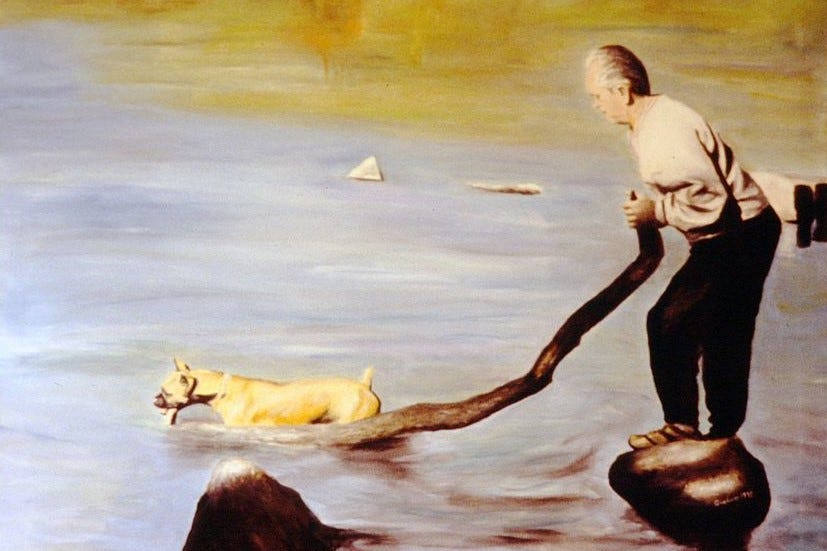The Basis of the Best Relationships
Spoiler alert: it takes time to get there

“A broken friendship may be soldered but will never be sound.” — Thomas Fuller, 1732
Who’s your go-to friend for any occasion?
That friend who makes you smile, gives you sound advice, and who would drop everything in an instant if you found yourself in a crisis.
Once you have that person pictured in your mind, I’d like you to answer this: what is it about them that makes you feel that way?
You’ve probably known them for a while; maybe your whole life. They’ve shown up for you before: they came through when you’ve needed them and gave something when you were lacking.
Ultimately, you trust this person.



